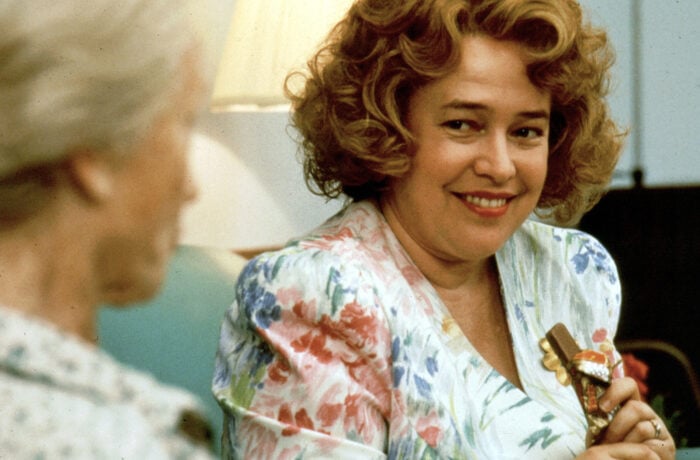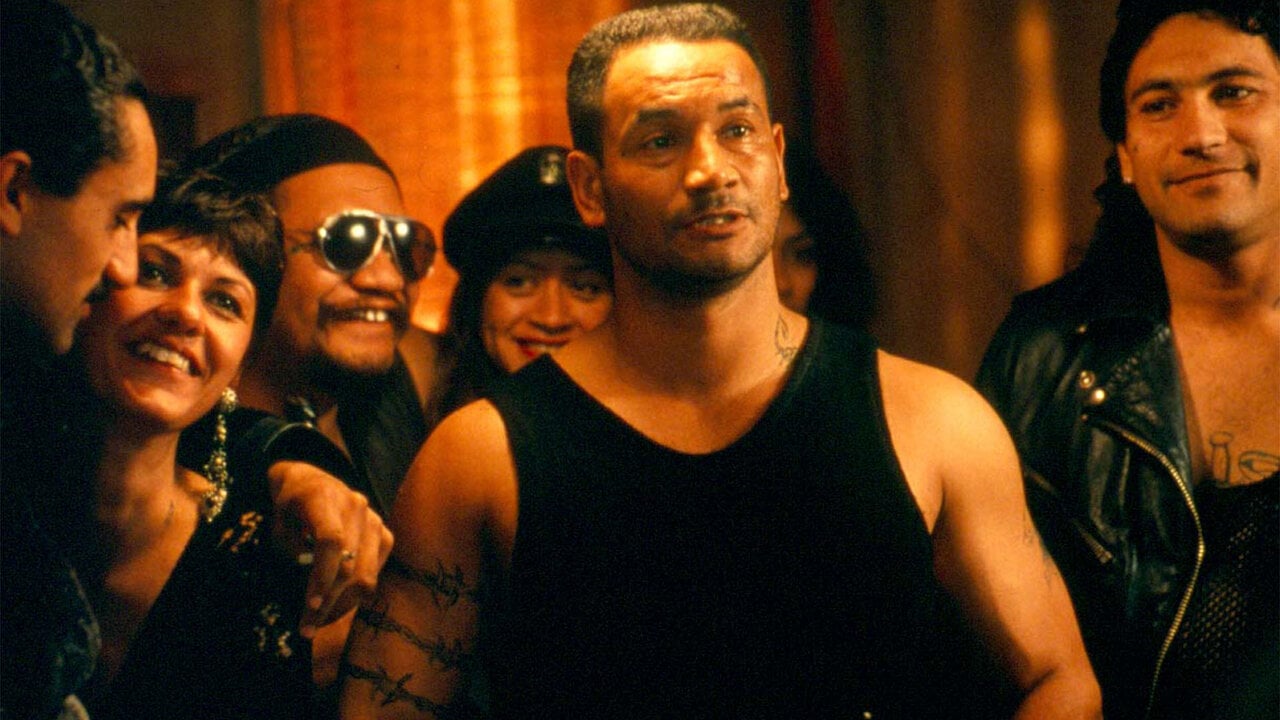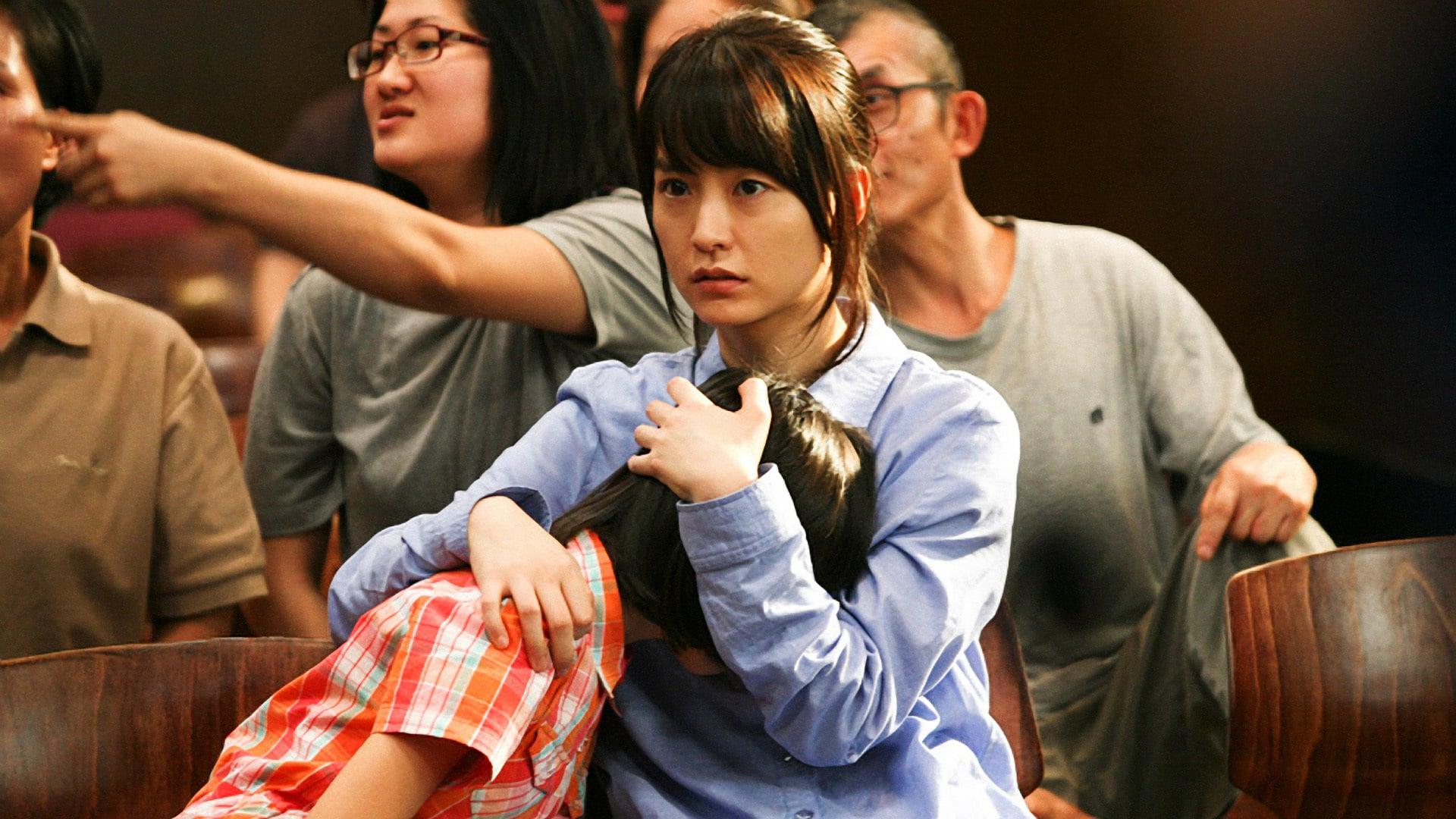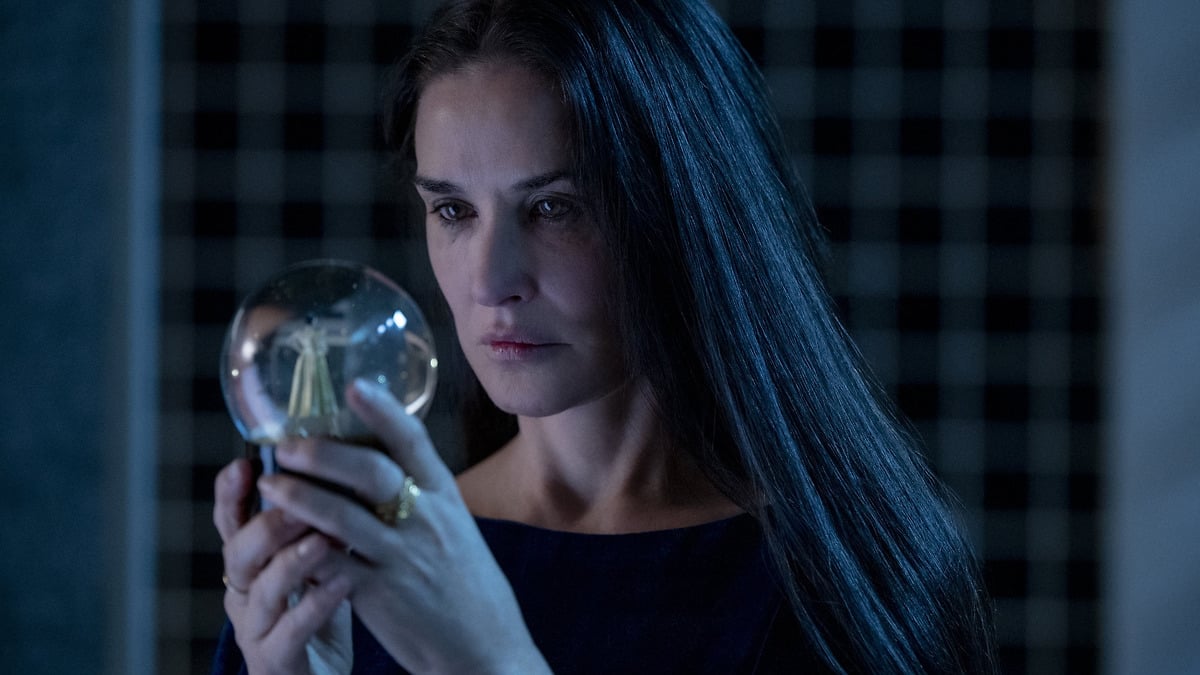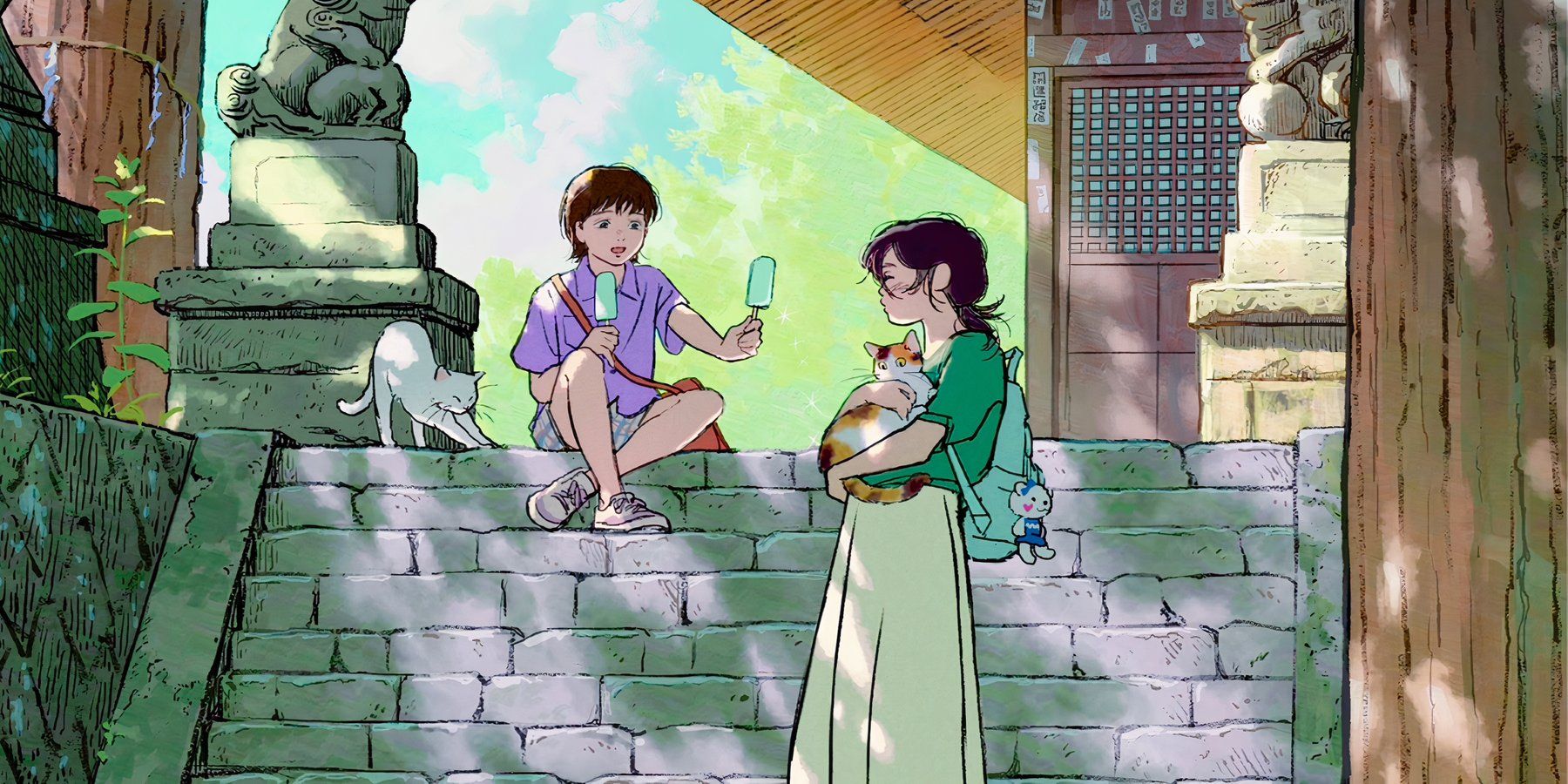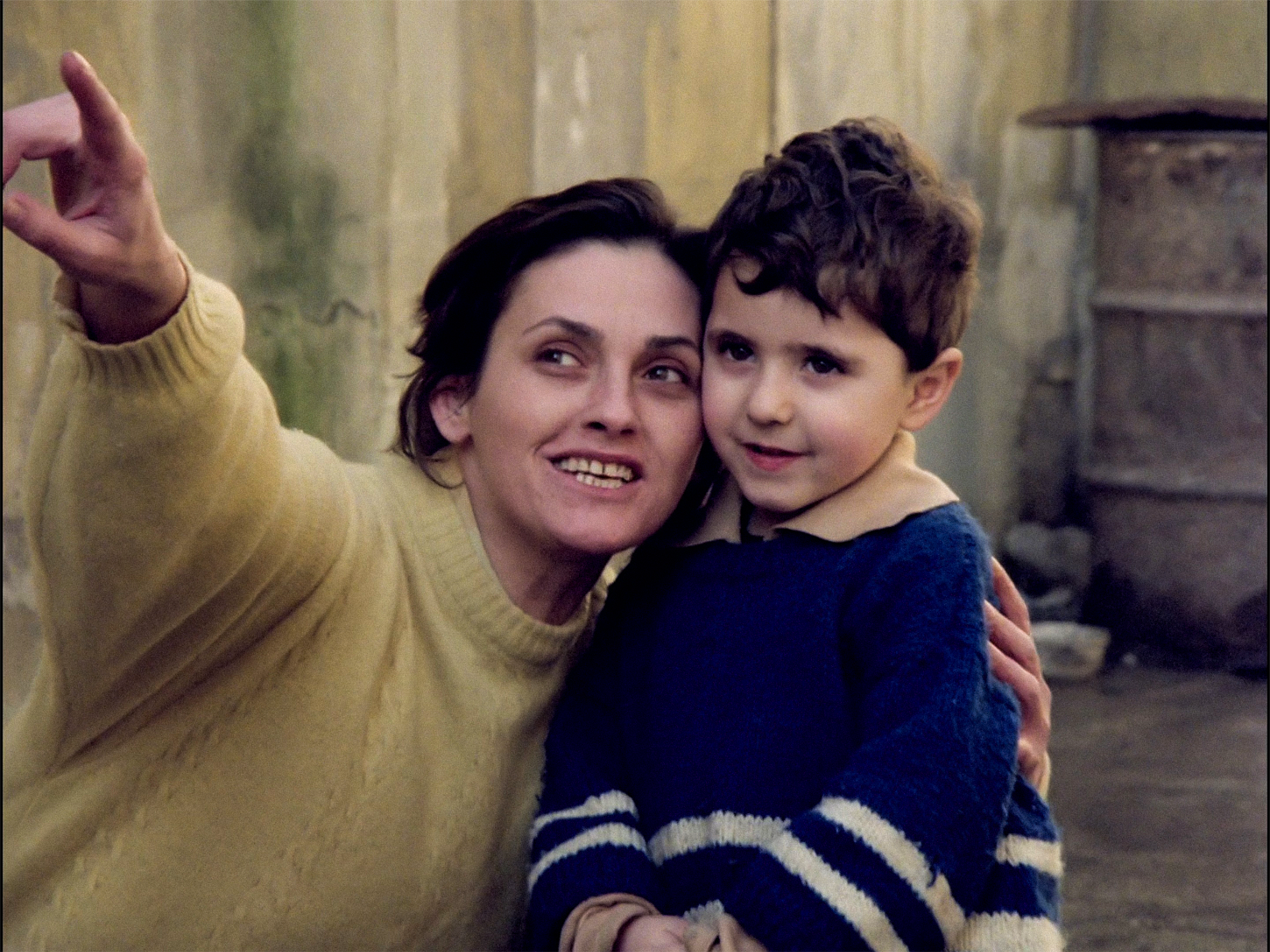
Fried Green Tomatoes (1991)
7.2
Movie
7.2
The Staff
What it's about
The take
As southern movies go, Fried Green Tomatoes is inoffensively sweet and realistic—it’s not afraid to touch on the genuine issues that plagued America in the 1930s while also cushioning some blows, as feel-good movies are wont to do. But the film seems less interested in presenting a clear picture of the past than it is in telling a specific tale: that of outsiders forming bonds and making it together in an unforgiving society.
The main narrator is Ninny, an 83-year-old woman seemingly forgotten by everyone except Evelyn, an unhappy housewife who is “too young to be old and too old to be young.” Ninny recalls the stories of Sipsey and Big George, Black laborers who dared to succeed in their deeply racist community; of Smokey, the town outcast, who still helped people even if he was denied it himself; of Ruth, the domestic abuse victim; and of Idgie, the tomboy who spat on the face of all decorum. Then, of course, there’s the unspoken relationship between Ruth and Idgie, which hint at something quite radical for its time.
These are all the people conventionally denied happy endings, and in period films, you’d expect to be abandoned in tragedy. But here they sing; they win and lose in equal measure, and even though it might seem like light and familiar fare to some, it still goes down heartily and unforgettably—funnily enough, like a plate of fried green tomatoes.
Comments
Add a comment
Your nameYour comment
UP NEXT
UP NEXT
UP NEXT
Curated by humans, not algorithms.

© 2024 agoodmovietowatch, all rights reserved.






